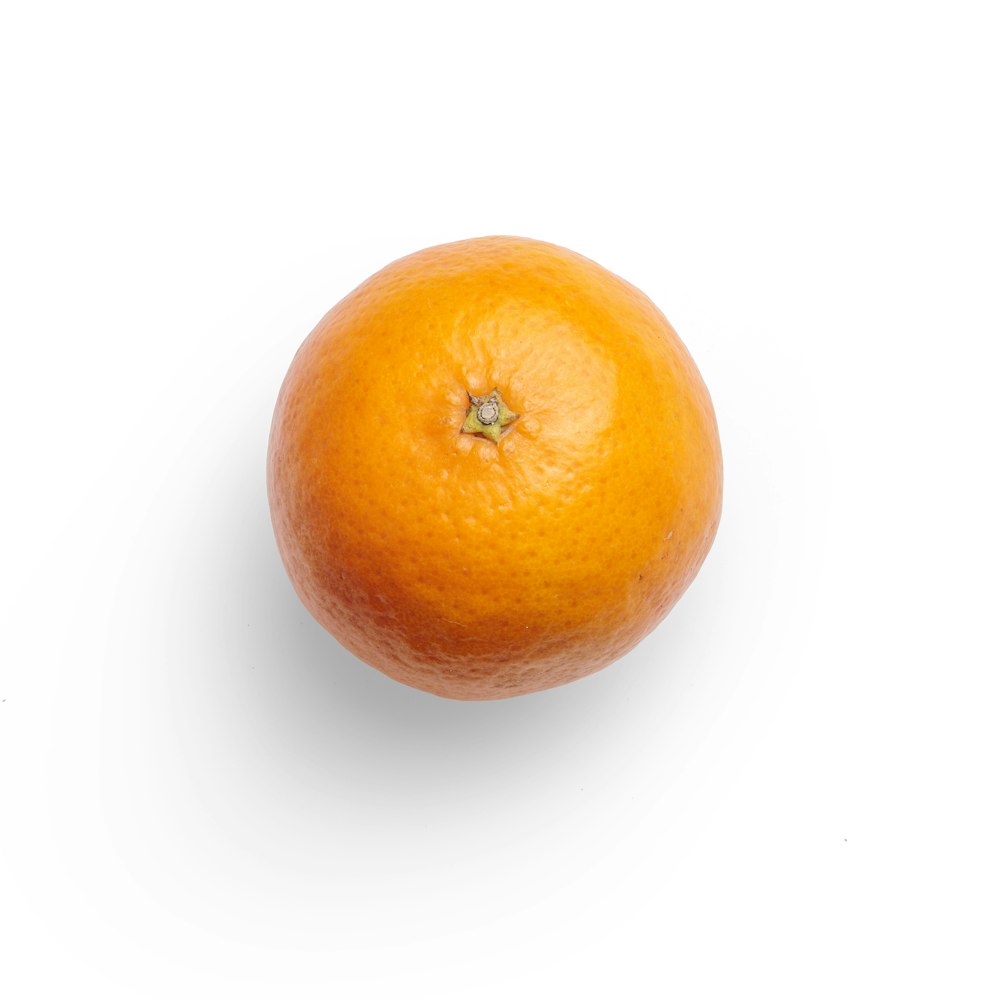![]()
“Say your prayers when you take vitamins.” That was the advice that Hulk Hogan gave us all every time he opened his mouth back in the 1980s and to this day it’s some really good advice. Well, the first part is anyway.
How often did you heed The Hulkster’s words? Not that often, you say? You don’t know who Hulk Hogan is, you say? I see. Well, it doesn’t matter all that much because it’s kind of useless to use the phrase without really explaining it.
We can tell people that they need to keep on top of minerals and vitamins all we want, but people won’t actually do it unless they understand how it helps them to take vitamins and minerals. What positive effects they can actually expect when you take vitamins?
Because they are important. And while you can get a lot of vitamins and minerals through your diet, it’s not exactly a bad idea to opt for some health supplements too. Sometimes it can be stressful trying to make sure that everything you need is covered by food.
Acquiring supplements can of course be a little pricey, but it’s worth it, and you might actually be able to get them covered by your health plan. If you’re over the age of 65 and entitled to Medicare, you should make a point of this.
The older you get, the more your body is going to need a bit of extra help so do take a look. So in terms of why we should take vitamins and minerals, let’s have a look at what we actually means, and you body changes when you take them:
Why Take Vitamins
There are two different major categories of vitamins here: You’ve got the water-soluble vitamins (B and C) which are found in the watery portions of food and because your body is primarily made up of water, these vitamins are easily absorbed into the bloodstream.
There are also fat-soluble vitamins (A, D, E and K) which come from fatty foods and are stored in your body until they are needed. So let’s look at each one individually and how they benefit you:
Take Vitamin A:
Vitamin A, also known as retinol, can be found in eggs, cheese, oranges, oily fish and yogurt. One of the major functions of this vitamin is to ensure that your immune system stays strong and can fight off illnesses and infections.
It’s also good for your vision and can help you to see in dim light, and it keeps your skin healthy too. Vitamin A can also be gotten through something known as beta-carotene, which can be got through spinach, carrots and red peppers.
Vitamin B:
Vitamin B is not just one specific thing, it’s actually more of a blanket term which covers a number of different individual vitamins. These include Biotin, Niacin, Folic Acid, Pantothenic Acid, B6 and B12.
As you can probably imagine the benefits to take vitamins, they serve a lot of different functions. Your B vitamins are very important for producing and releasing energy, as well as building up protein and cells and ensuring that they stay healthy.
Vitamin C:
The sources and functions of vitamin C are easy enough to remember because the primary ones do actually start with the letter C. The best source of it is citrus fruit, so oranges, lemons, grapefruits and kiwis.
And then the main protein that it helps to develop is known as collagen. This is the primary building block of your skin, muscles, bones and ligaments, so it is of paramount importance for your overall health.
Vitamin D:
Relying on food for vitamin D is probably inadvisable. There are foods which contribute to it, such as oily fish and red meat, but the best source of vitamin D is unquestionably sunlight. Which makes it a difficult thing to keep on top of in the winter months.
Those of us who live in countries with less desirable climates or who work office jobs or have to spend the vast majority of our time indoors are probably lacking in this. This is a benefit to take vitamins for your health. While Vitamin C will help to develop muscles and bones, D will ensure that they stay strong and healthy.
A lack of it can lead to bone problems such as rickets so if you are not in a position to get as much sunlight as you need, you should consider a supplement. It’s a well-known problem and as such, there are a lot of good over-the-counter vitamin D supplements.
Vitamin E:
Not one of the more commonly talked about vitamins because you don’t actually need massive amounts of it in your system. 3-4mg per day is enough and you should be able to get enough by including some nuts, seeds and plant oils in your diet.
It’s good for keeping your skin healthy, your eyes healthy and it will also contribute to a strong immune system.
Vitamin K:
Much like vitamin E, we don’t talk all that much about vitamin K because you don’t need as much of it as other vitamins. For every kilogram of body weight, you need just 1 microgram of vitamin K.
It works to quickly heal wounds and helps to keep your blood flowing, and you can get it from eating green leafy vegetables. Having a daily helping of these should be enough for a sufficient level of vitamin K.
Minerals
Your essential minerals are divided into two categories:
- major minerals which people do tend to be more familiar with, a
- the less commonly talked about trace minerals.
- Let’s look at each of them
It is important to take vitamins and minerals, especially if you are not able to get your nutrients from eating fruits, vegetables, meats, nuts and other good fats.
Major Minerals:
Major minerals cover things like sodium, potassium and chloride, which ensure that you have the correct balance of water in your body and then you’ve got calcium and magnesium which are good for bone health.
And then there is also sulfur, which is essential for stabilizing a variety of protein structures important in the development of bones, nails and hair. These are all found in different food groups and a balanced diet should keep them in check.
Trace Minerals:
Unlike the major minerals, you only need a very small amount of trace ones and that’s probably why they’re talked about less. You’ve got things like chromium which helps to form glucose, copper and fluoride which help with bone formation and iron which is essential for blood flow.
Then there are also minerals which are found in enzymes that are essential for protein and these include zinc and manganese. Again, if you have a balanced diet you will almost certainly be getting enough trace minerals because you need such a small dose of each.
So you can see that basically every aspect of your body is mentioned here and without keeping on top of your vitamins and minerals your health will suffer greatly.
Author Bio
Joseph was born in Alberta, raised in NYC and is currently living in New Zealand. He is passionate about creating content that can change people’s lives. He is dedicated to living a healthy life, eating well and talking long walks with his dogs.
Ken Weiss is a health blogger who is passionate about natural and holistic cures for men’s health issues. He is the founder of menshealthcures.com
